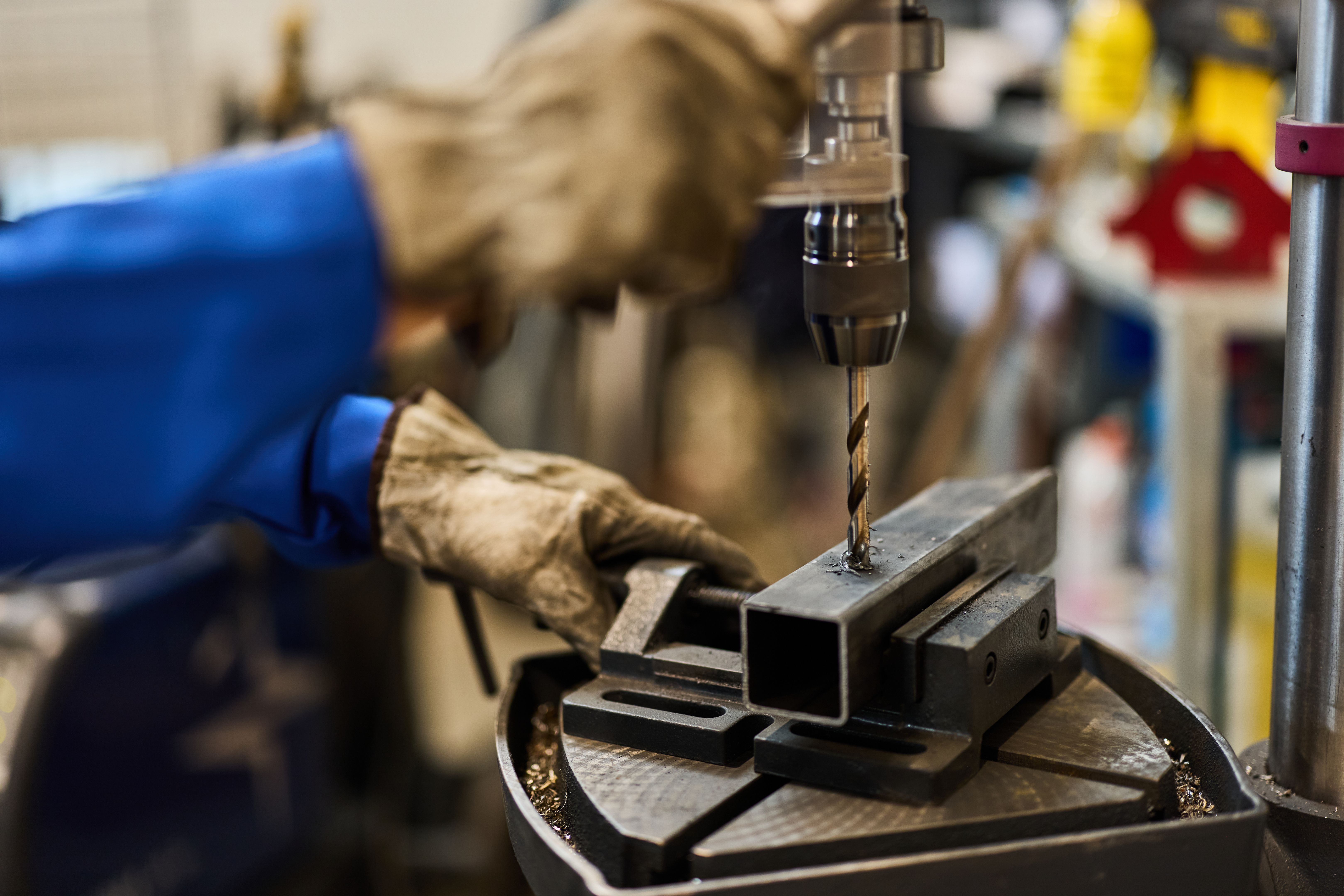Exploring the Versatility of Magnet Drills
RR
Understanding Magnet Drills
Magnet drills, also known as magnetic drilling machines, have become indispensable tools in various industries. They offer a unique combination of power and precision, making them ideal for drilling holes in metal surfaces. Unlike conventional drills, magnet drills use an electromagnetic base to adhere to the surface, providing stability and accuracy.

Applications in Different Industries
Magnet drills are used extensively in construction, manufacturing, and metalworking. Their ability to drill through thick metal sheets makes them a favorite among professionals. In construction, they are often employed for tasks like creating bolt holes in steel beams. In manufacturing, they streamline the process of assembling metal structures.
Moreover, these drills are crucial in shipbuilding, where precision is paramount. The strong magnetic base ensures that the drill remains steady even on vertical or overhead surfaces, allowing for accurate results.
Key Features and Benefits
One of the primary advantages of magnet drills is their portability. Despite their powerful performance, they are compact and easy to transport. This makes them ideal for on-site jobs where heavy machinery would be impractical to use.
Another significant benefit is their enhanced safety features. The electromagnetic base not only stabilizes the drill but also reduces the risk of slippage, thereby minimizing accidents. Additionally, many models come with automatic shut-off features to prevent overheating.

Types of Magnet Drills
Magnet drills come in various types, each designed to address specific needs. Some of the most common types include:
- Portable Magnet Drills: Lightweight and easy to carry, perfect for fieldwork.
- Hydraulic Magnet Drills: Suitable for underwater and other specialized drilling operations.
- Electric Magnet Drills: Versatile and commonly used in general applications.
Choosing the Right Magnet Drill
When selecting a magnet drill, consider the specific requirements of your project. Factors such as the material thickness, the drill's power, and the type of surface should influence your choice. Additionally, look for features like variable speed settings and interchangeable bits to enhance functionality.

Maintenance and Care
To ensure the longevity of your magnet drill, regular maintenance is essential. Clean the electromagnetic base after each use to remove any metal shavings or debris. Lubricate moving parts to prevent rust and ensure smooth operation. Regularly inspect the power cord and other components for signs of wear and tear.
Proper storage is also crucial. Keep the drill in a dry place, away from moisture and dust. Using a protective case can help prevent damage during transportation.
Conclusion
Magnet drills offer a perfect blend of power, precision, and portability, making them invaluable in various industries. Understanding their versatility and proper maintenance can significantly enhance their performance and lifespan. Whether you're in construction, manufacturing, or any field requiring metal drilling, a magnet drill is a tool worth considering.